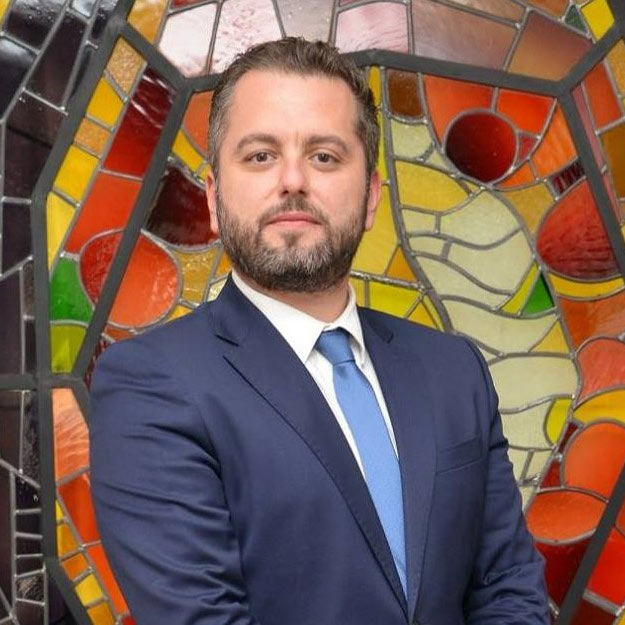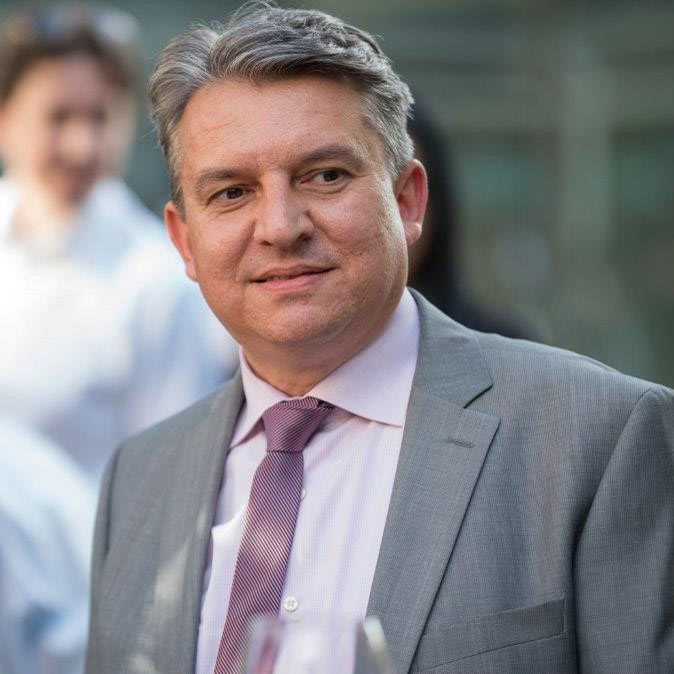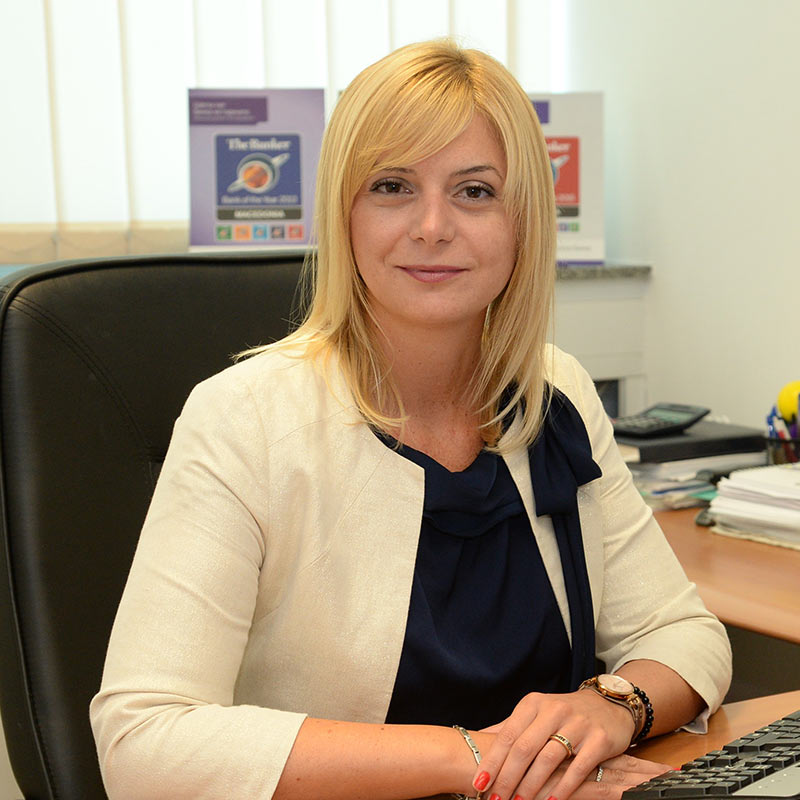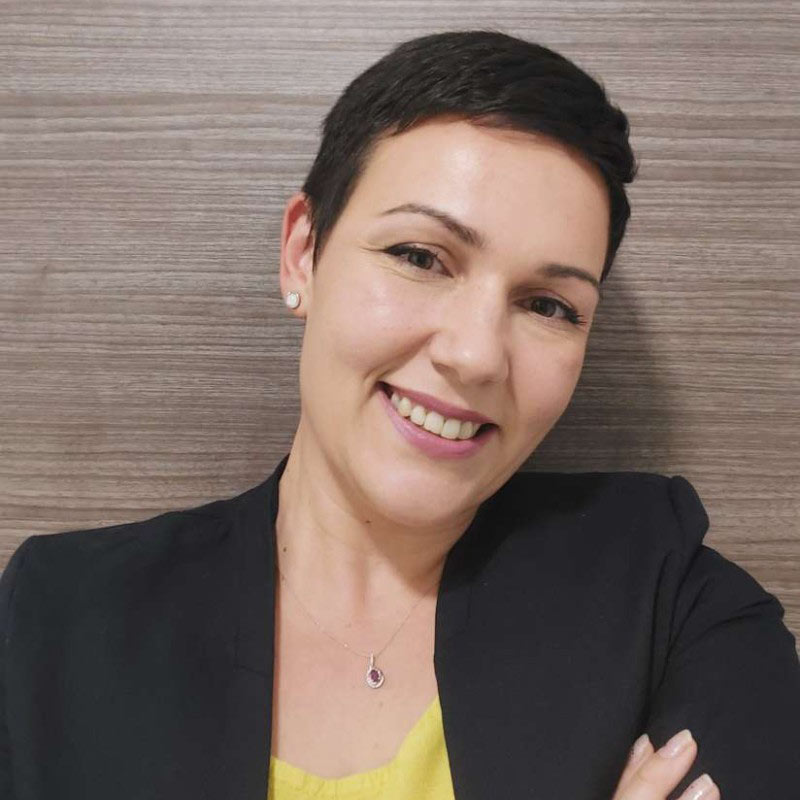Certified Accounting Specialist
The program emphasizes current trends and the practical operation of accounting and tax legislation around the world, adapted to the specifics of work and challenges faced by the business and banking sector.
Experience
No experience needed in this domain
Duration
6 MONTHS
Dedication
4 HOURS A WEEK
Start
NOVEMBER 2025
Format
HYBRID BY CHOICE
Price
740€
1. Introduction to accounting & Balance Sheet and Income Statement
2. Accounting of current assets
3. Inventories current assets – accounting inventory
4. Use of prepaid accounts for the business entities
5. Accounting procedure for calculating and recording VAT
6. Records merchandise
7. Sale of goods through retail trade and Export-import trade of goods and services
8. Cost Accounting 1 (Introduction, Type of costs, Intangible operating expenses)
9. Cost Accounting 1 (Salaries, Amortization and Cost distribution)
10. Accounting for income and expenses and Accounting procedure in determining the financial result
11. Financial result – concluding observations
1. Financial Accounting under IFRS with practical examples class 0 to class 9
2. Added Tax value basis – VAT / Income tax
3. Calculation of income tax on various grounds
4. Accounting for the budget users 1
5. Accounting for the budget users 2
6. Managerial Accounting
Cost analysis
Costs by way of response to workload (fixed and variable);
Marginal costs
ABC method and JIT method; Budgeting; Price analysis
Practical analysis of the impact of costs and prices on the financial result;
Impact of costs and prices on financial result;
Determining the ROI.
7. Analysis of financial reports (analytical indicators of financial statements purpose of making management decisions)
8. ELECTION MODULE (the listener chooses one of the modules 8.1 or 8.2.)
8.1 Bank Accounting
-Introductory discussions on the role and significance of the banking system, payment operations and international payment operations
-Money in banks, cash records, bookkeeping, box office
-Loans and advances to banks, provision of reserves and reservations, off-balance sheet records
-Accounting records of assets; Receivables for unpaid claims, Capital
8.2 Production accounting
-Specifics of manufacturing companies in accordance with IFRS 2
-Preparation of production calculation; Calculation and recording of finished production;
-Statement of inventories of unfinished and completed production in the financial statement – Balance Sheet
-Practical work based on production company from practice
9. Case study & Final exam
Heidelberg program
1. Group Accounting
2. Differences between IFRS Accounting and German Accounting (including EU Directives)
3. Case Studies on Group Accounting
4. Case Studies on Specific IFRS Accounting Topics in Germany
5. Case Studies on Accounting Differences
6. How to structure an accounting department
7. Accounting Workflow German GAAP to IFRS
For listeners with Module: Banking Accounting
-Specific Accounting Topics under IFRS: e.g. Leasing (IFRS 16), Revenue Recognition (IFRS 15), Financial Instruments (IFRS 9)
-Digitalization in the Finance Departments
MON
NO LECTURE
TUE
NO LECTURE
WED
Hybrid lectures
18:00 - 21:00
THU
NO LECTURE
FRI
NO LECTURE
Оur expert lecturers
Lecturers who have more than 10 years of work experience in the field
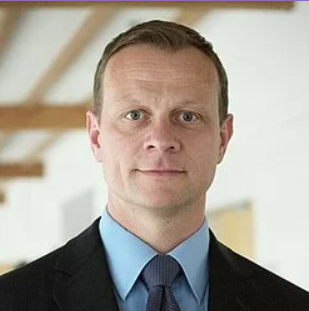
Prof. Dr. Bernd Hacker
Prof. Dr. Bernd Hacker, Professor of Accounting University of Applied Sciences, Rosenheim (Germany)
DESCRIPTION OF THE PROGRAM
The program covers the most relevant topics in the area of practical accounting and tax legislation. Namely, the program will take place on the basis of a series of practical lectures, tasks from practice in accounting companies/banks, as well as the participation of students in practical work (in an accounting laboratory) with the help of software for accounting work on real companies. Furthermore, an assessment of the acquired knowledge of the students will be made, through the analysis of financial reports and the calculation of analytical coefficients (Ratio analysis) in a specific company/bank taken from practice.
In this context, the trainee will demonstrate acquired skills and understanding of: managerial, banking, budgetary and business accounting based on IFRS.
During the study of both levels (CAS 1 and 2), an assessment of the acquired knowledge of the students will be made, through the preparation of financial statements in a specific company taken from the practice, and at the same time the participant of the program will demonstrate the acquired skills and understanding of the current accounting technique. Levels 1 and 2 are covered in 64 hours of lectures and workshops.
Note: Level 3, (CAS 3) teaching is delivered by top lecturers from S.R. Germany, in e-classrooms through an online platform for live teaching.
Namely, the German program in level 3 will emphasize the current and practical trends of accounting work in S.R. Germany (IFRS standards).
LEARNING OBJECTIVES
- After completing the program, participants will be able to:
- Describe the procedures applicable for quality accounting records in practice
- To choose basic accounting principles, assumptions, standards
- Understand legislation and they to apply the enforcement records and posting of all accounting transactions in accordance with IAS and IFRS in economic and banking sectors
- Preparation of the financial statements as the ultimate goal of the accounting process
- To predict the effect of changes in the financial statements
- To differentiate methods of accounting coverage costs, as a media and by activity
- Calculate all indicators of the financial analysis (Ratio analysis)
- Making the analysis of cash flows in companies and banks
- Participate in practical work in laboratories for accountancy, using the software for accounting operations on real company banks
- At the end of the specialization you will get:
- German Specialist Certificate (Diploma) – “Certified Accounting Specialist” in accordance with the European Year of Education in accordance with European Quality Assurance for Education and Training (EQAVET) – Provision of European Qualifications and Teaching Education.
- Possibility of obtaining 18 transfers ECTS (credits) for MBA studies in Controlling & Finance
- 32 hours / KPU points (According to Article 19 of the Law on Accounting, accountants are obliged to attend KPU training of at least 90 hours for a period of three years, with at least 24 hours during one year, and authorized accountants are obliged to attend training for continuous professional improvement of at least 120 hours for a period of three years, with at least 32 hours during one year.)



